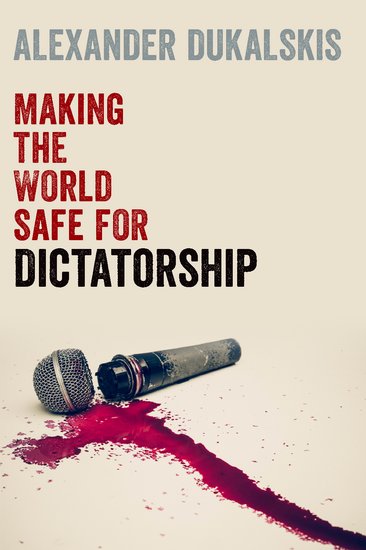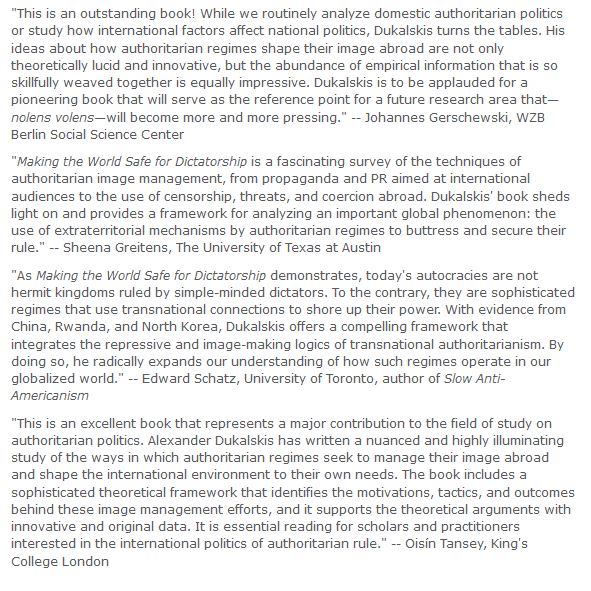
Political Science @ucdpolitics || authoritarianism, human rights || Academic Freedom Officer @psaitweets || fmr director @AsiaUCD & Assoc. Editor @cpcs_journal
How to get URL link on X (Twitter) App



 You can see more details and purchase the book here: global.oup.com/academic/produ…
You can see more details and purchase the book here: global.oup.com/academic/produ…